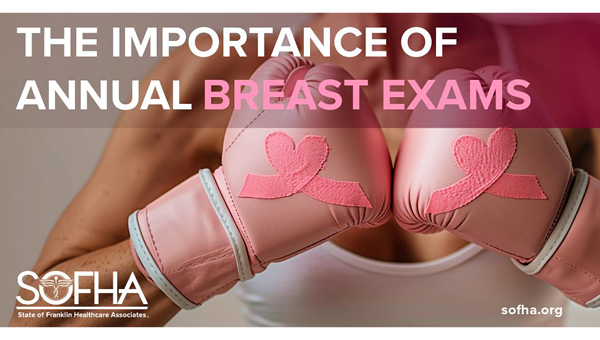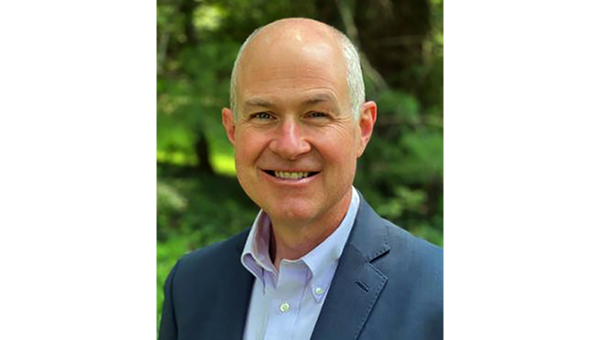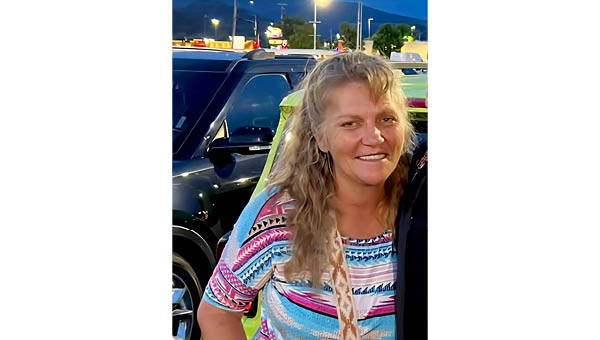Breast Cancer Awareness Month: The importance of annual screenings
Published 4:02 pm Wednesday, October 16, 2024
|
Getting your Trinity Audio player ready...
|
JOHNSON CITY – October is Breast Cancer Awareness Month, and State of Franklin Healthcare Associates (SOFHA) is reminding its patients and communities about the critical role that annual screenings play in detecting, preventing, and treating breast cancer, a disease that claims the lives of over 40,000 people in the United States every year.
Regular screenings, like mammograms, which detect abnormalities such as lumps or changes in breast tissue, can identify breast cancer at an early stage – often before any noticeable symptoms arise. Early detection increases the likelihood of successful treatment and significantly improves survival rates. According to the American Cancer Society, when breast cancer is detected early, in a localized stage, the five-year survival rate is 99%.
Women ages 40 and above are generally advised to have annual mammograms, although this recommendation can vary based on personal risk factors such as family history, genetics, or previous health conditions. Your healthcare provider can determine your risk and advise an evidence-based protocol.
Though breast lumps comprise the majority of presenting symptoms in women diagnosed with breast cancer, nearly one in six women present non-lump symptoms such as changes in breast skin, size, and shape; swelling; pain; and other signs that often go unheeded. Annual exams give women a focused opportunity to speak with their providers about what they are experiencing.
“Early detection is clearly the key to better outcomes when it comes to breast cancer,” Dr. Raymond Kohne, radiologist with SOFHA’s Comprehensive Breast Center, said in a recent video. “If we can detect a cancer the size of a marble or smaller, we can make a difference – not just a diagnosis. That’s why I encourage everyone to get yearly screening mammography and supplemental imaging as needed based on breast density and lifetime risk. Together, with appropriate screening, we can and will make a difference.”






